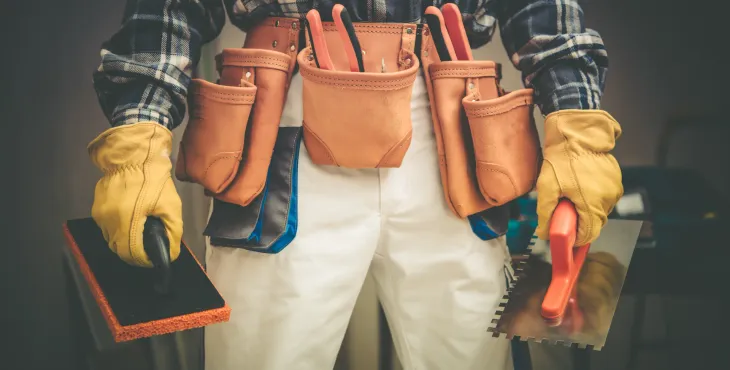
How to protect yourself against fake contractor scams?
Fake Contractor Scam
As a homeowner, you may have faced a situation where you needed to hire a contractor to repair or renovate your home. It can be tempting to save money by hiring a contractor without researching the company beforehand. Unfortunately, this can lead to falling victim to a fake contractor scam.
Fake contractor scams are scams in which unscrupulous contractors takes advantage of homeowners by promising to complete a home improvement project for a low cost, but ultimately, fails to complete the project or does shoddy work.
This can result in many homeowners losing money and being left with incomplete or unsatisfactory work - something that reputable contractors would never do.
In this article, we will provide you with the best advice when it comes to protecting yourself against fake contractor scams. We will cover common types of fake contractor scams, and tips on how to protect yourself from these scams.
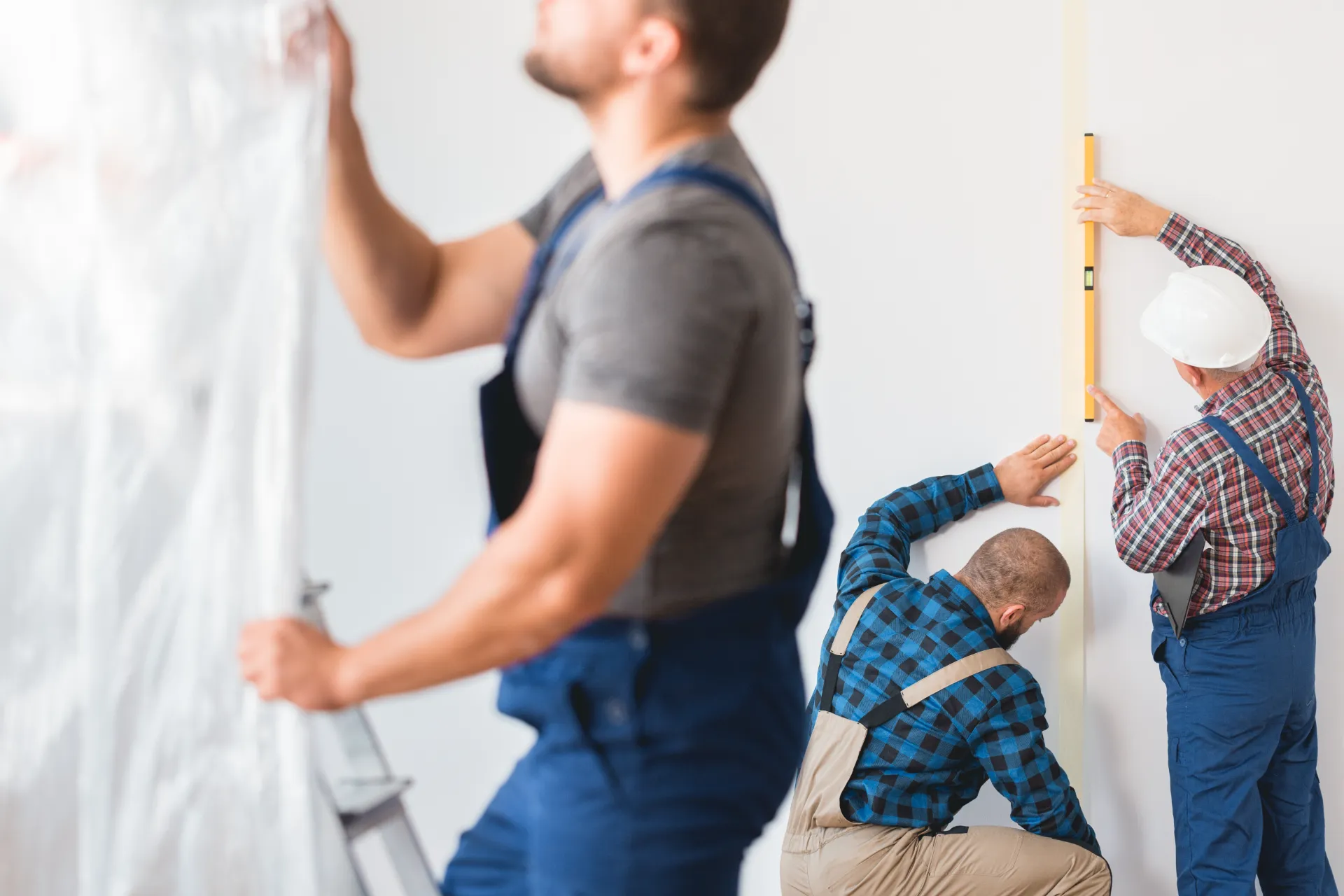
What exactly are fake contractor scams?
Fake contractor scams can take many forms, but the basic premise is the same. Potential contractors take advantage of homeowners by promising to complete a project for a low cost, but ultimately, fails to complete the project or does shoddy work without due diligence. It's clear they just accepted this business for money or cash in hand.
Homeowners can fall victim to fake contractors in a variety of industries and services. Some of the most common types of fake contractors include roofing contractors, plumbing contractors, and electrical contractors. These contractors often offer low-cost estimates and promise to complete the work quickly, but the work they perform is subpar and can result in further damage to the home.
Most importantly, they fail to provide any written agreement or contract that will protect you. There are also situations where the contractor takes the materials left from the project, resulting
Other fake contractors may offer services such as tree removal, landscaping, and home renovation. These contractors often ask for payment upfront and may not have the proper licensing or insurance, leaving homeowners vulnerable to financial losses. It is important for homeowners to do their research and to be cautious when hiring contractors in any industry or service to avoid falling victim to a fake contractor scam.
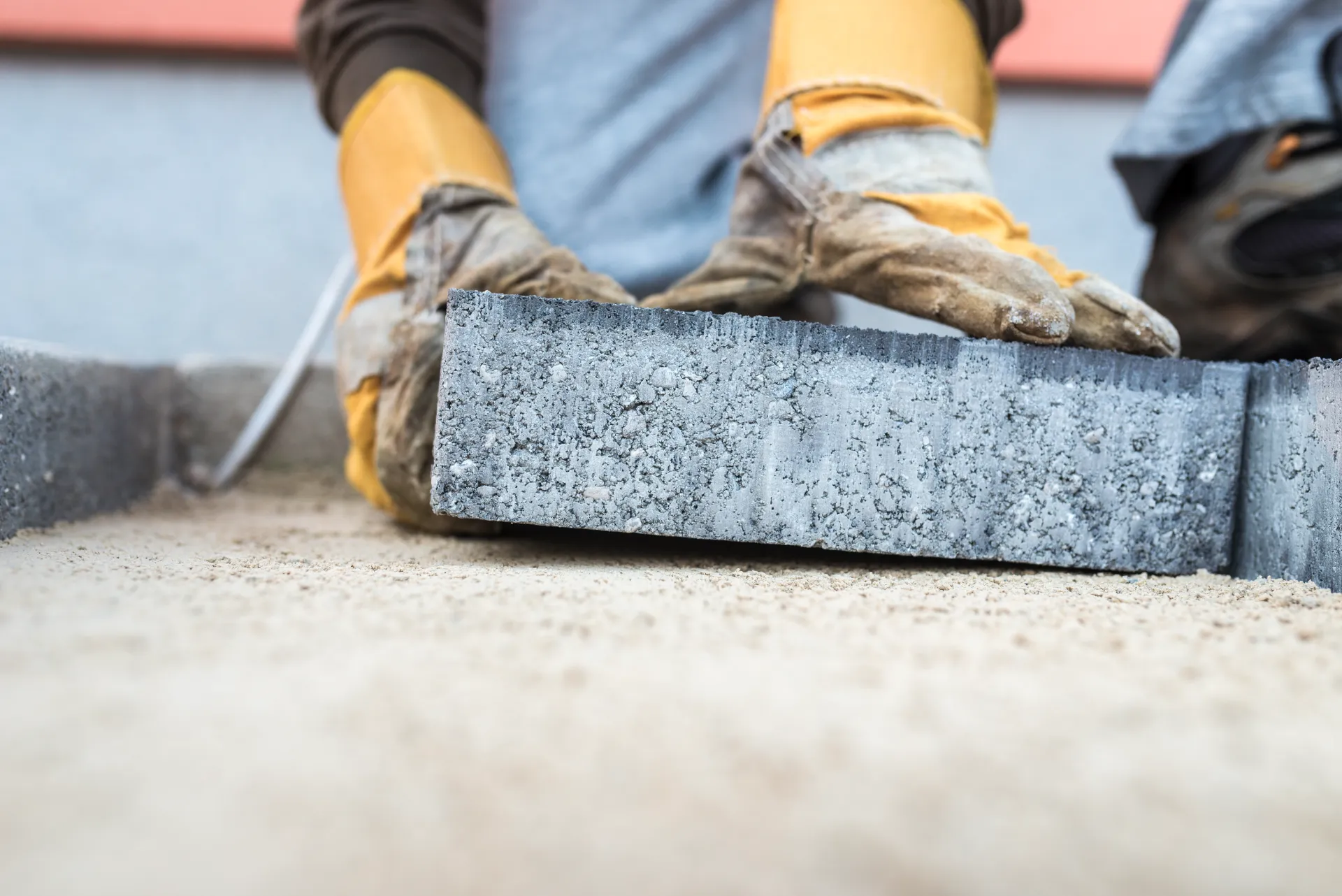
Some of the most common types of fake contractor scams include door-to-door scams, storm chaser scams, and phony home improvement scams.
Door-to-door scams occur when a fake contractor goes door-to-door, offering to repair or renovate homes. These contractors often have a low-cost estimate, but the work they perform is subpar, and they often ask for payment upfront.
Storm chaser scams occur after natural disasters, such as hurricanes or tornadoes. These fake contractors often go door-to-door, offering to repair homes that have been damaged by the storm.
However, the work they perform is subpar, and they often ask for payment upfront without providing details or addressing immediate concerns. They ask to be paid upfront for projects due to the low price, but often end up costing you a lot worse due to the fixes needed related to their work.
Phony home improvement scams occur when fake contractors offer to repair or renovate homes, but they are not licensed or insured. These contractors often have a low-cost estimate, but the work they perform is subpar, and they often ask for payment upfront.
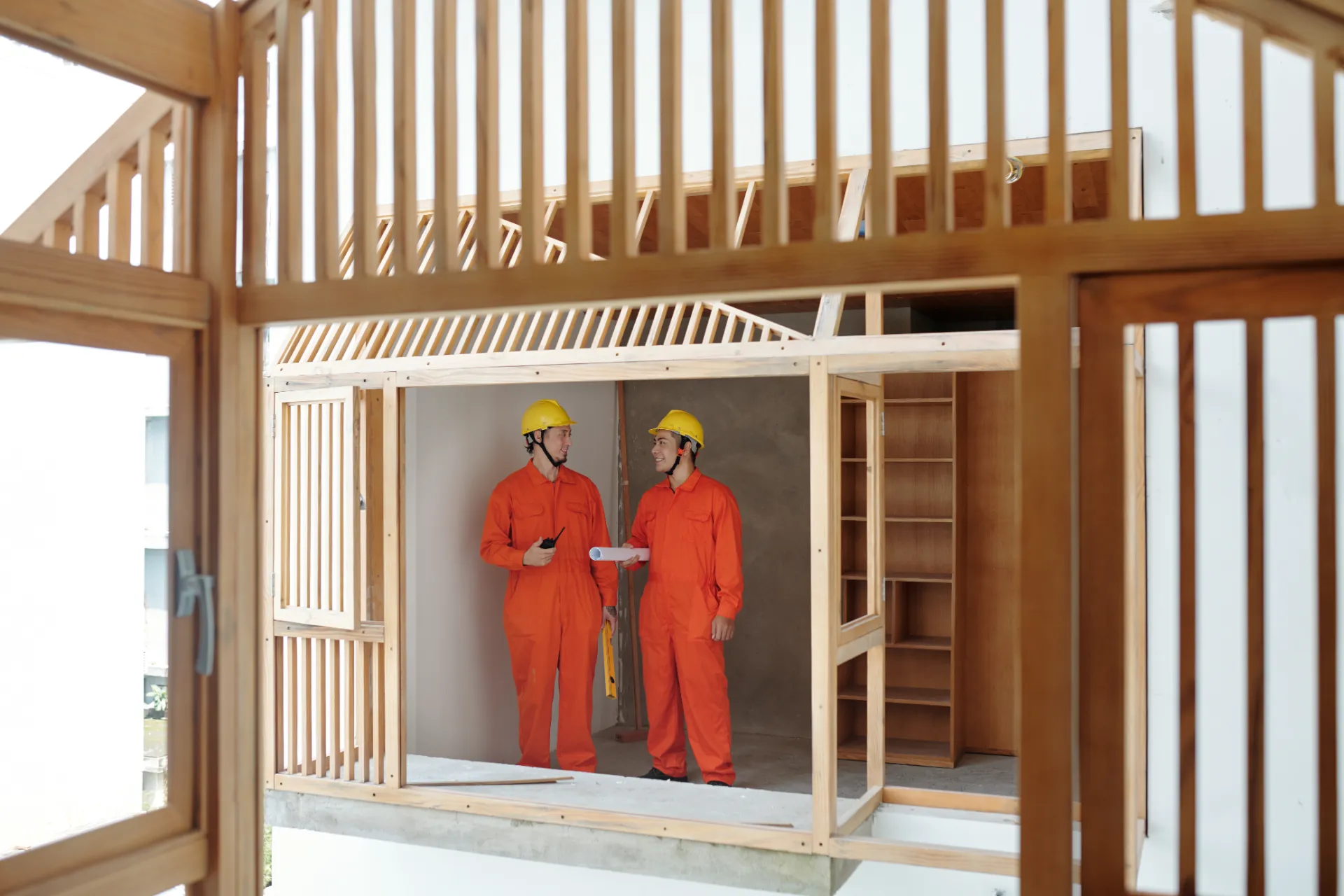
Of course, not every renovation company runs a money scam operation!
While most contractors are honest and hardworking professionals, there are always a few bad apples that try to take advantage of homeowners. These con artists often promise low-cost estimates and use subpar materials, but ask for payment in cash before the work is completed.
They may also add extra work to the project without the homeowner's knowledge or consent, and may use subcontractors who are not properly licensed or insured. To protect yourself from these bad actors, it is important to do your research and to be cautious when hiring a contractor.
Get everything in writing, be wary of low bids, and don't pay upfront for the work. By taking these steps, you can help ensure that you are not a victim of a fake contractor scam and that your home is safe and secure.
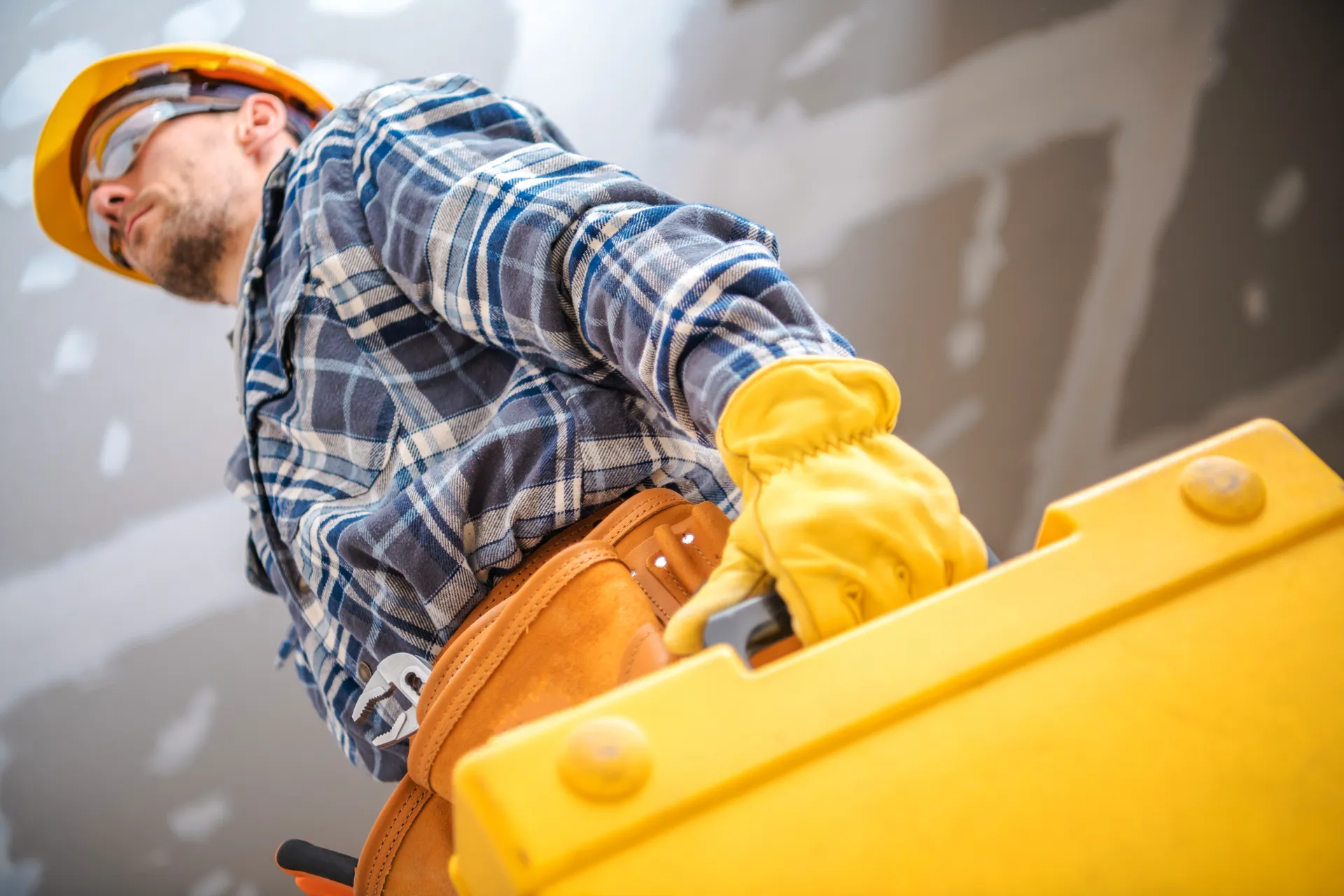
How to protect yourself from fake contractor scams?
To protect yourself from fake contractor scams, it is important to do your research and be cautious when hiring a contractor. Here are some tips on how to protect yourself from these scams:
Do research
When hiring a contractor, it is important to do your research to ensure that the contractor is reputable and trustworthy. Here are some steps you can take to research a contractor:
Check for licensing and insurance: Before hiring a contractor, make sure that they are licensed and insured. This can protect you from financial losses if the contractor causes damage to your home or fails to complete the work.
Read reviews and ask for references:
You can also read online reviews of contractors and ask for references. This can help you get a sense of the quality of the contractor's work and whether they are trustworthy.
Get everything in writing
To protect yourself from fake contractor scams, it is important to get everything in writing. This includes written contracts and detailed estimates. A written contract can provide you with a clear understanding of what work will be performed, when it will be completed, and how much it will cost. A detailed estimate can also provide you with a clear understanding of what the contractor will charge for the work, so make sure to get all the details!
Be wary of low bids
If a contractor's bid seems too good to be true, it probably is. Be wary of contractors who offer low bids, as this can be a sign that the contractor is not reputable or that the work they will perform will be subpar.
Don't pay upfront
To protect yourself from fake contractor scams, it is important not to pay upfront for the work. Wait until the work is completed to pay the contractor. This can help you ensure that the work has been completed to your satisfaction before paying for it.
If a contractor asks for payment upfront, this can be a sign that they are not trustworthy or that they may not complete the work.
Report suspicious activity
If you suspect that a contractor is a fake contractor, it is important to report this activity to the authorities. You can report fake contractor scams to the Better Business Bureau or to your local consumer protection agency. Reporting fake contractors can help protect other homeowners from falling victim to these scams.

Conclusion
In conclusion, fake contractor scams can result in homeowners losing money and being left with incomplete or unsatisfactory work. To protect yourself from these scams, it is important to do your research and be cautious when hiring a contractor. Get everything in writing, be wary of low bids, don't pay upfront, and report suspicious activity if you suspect a fake contractor.
If you are unsure whether you can trust the person, it's always worth checking how other customers have rated their experience with that person. Of course, you can always read reviews (if there are any) but even reviews can be faked.
We recommend typing their number on who-called.co.uk to find out how other callers have rated their experience with that number.
As a homeowner, you have the right to expect quality work from a contractor. By taking steps to protect yourself from fake contractor scams, you can ensure that your home is repaired or renovated to your satisfaction.